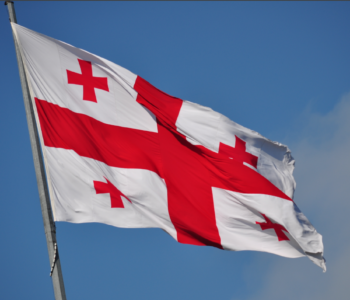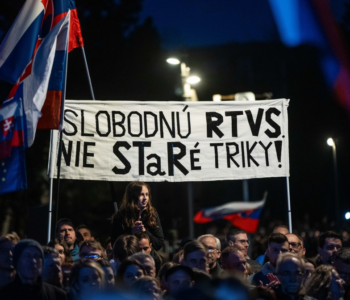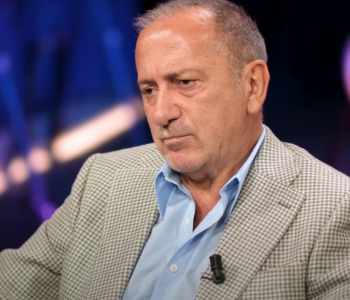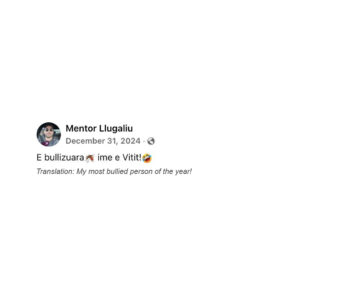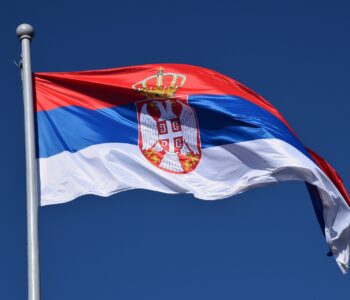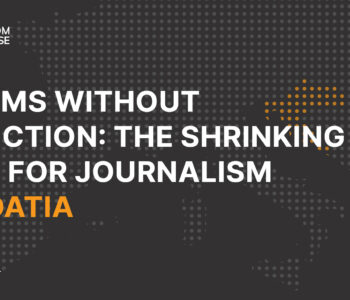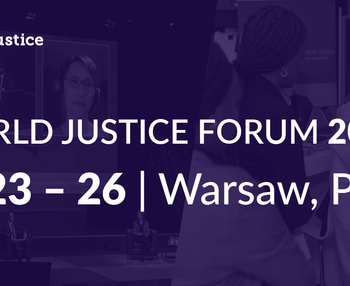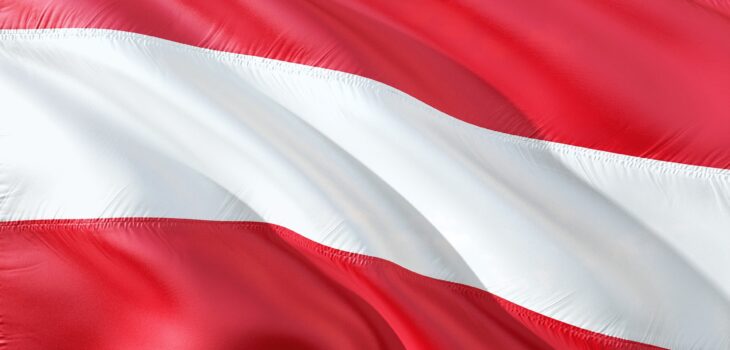
Austria: Election of new ORF head shines spotlight on selection process
Appointment raises recurring question over politicization of oversight bodies. On 10 August, the Austrian public service broadcasting company ORF (Österreichischer Rundfunk) elected a new head. Roland Weissmann will become its new director general on January 1, 2022, for a five-year term.
Jonas Vogt, IPI Contributor
The conservative Austrian People’s Party (ÖVP) had a majority in the Stiftungsrat (foundation board), the body that elects the director general. That was an unusual situation. Normally political parties need to form coalitions to get a candidate for the head of ORF elected. Political observers described Weissmann as the “ÖVP’s candidate“.
The election drew criticism for the way one of the most important positions in the Austrian media landscape is assigned, especially as regards the role that political parties play in the process.
“In Austria, active politicians are not allowed to be member of the body electing the director general”, said Leonard Dobusch, an organizational researcher from the University of Innsbruck and an expert on public broadcasting who also sits in the board of the RBB, the public broadcasting company of Berlin and Brandenburg in Germany. “But 30 of the 35 members of the (ORF) Stiftungsrat can be attributed to political parties, directly or indirectly”.
The seats in the Stiftungsrat are distributed in a complex way. Some members are sent by the federal government, some by the state governments and some directly by political parties. Others come from the ORF workers‘ council or are so-called “Publikumsräte“ (representatives of the audience).
Every five years, the candidates for the post of director general announce their interest and an election campaign takes place. In previous elections, there were actions to get some kind of publicity in the process. In 2016 there were public hearings, and this year most of the candidates published their proposed programme for the ORF’s next five years.
But in rare cases when a political party had strong results in recent elections at federal and state level – like the ÖVP – they can essentially determine the election of the director general alone. The party in this case usually makes some deals nonetheless, to save its candidate from the impression of being too partisan. Roland Weissmann was elected with the votes of the parties forming the coalition on the federal level (ÖVP and Greens) and the delegates of the workers’ council.
Design flaws
Dobusch identifies another problem in the way the Stiftungsrat actually votes. “The vote is conducted openly”, he says. “That makes it easy for political parties to put pressure on ‘their‘ board members and difficult for the board members to step out of line.” The open election is a relatively recent element. The coalition between the ÖVP and the far-right FPÖ under former Chancellor Wolfgang Schüssel (ÖVP) passed a new law regarding the ORF in 2001. Before that, there was a secret ballot.
The combination of the importance of the majority party in the Stiftungsrat and the openly conducted election doesn’t mean that there are no surprises at all. Alexander Wrabetz, Weissmann’s predecessor, had three terms in office. When the SPÖ-affiliated candidate was elected for the first time in 2006, he managed to form a broad coalition with some of the ÖVP-affiliated board members and get elected twice after that, under different majorities in the Stiftungsrat. But the chances for such constellations are slim. Because of the circumstances, Weissmann has been seen as the most promising candidate for months, long before he announced his candidacy. It turned out as everybody expected.
Weissmann is seen as a fitting candidate for the role as director general. He has worked at the ORF his whole life. He started in the ORF Niederösterreich (Lower Austria), an important state body of the public broadcasting company, where he established contacts to the ÖVP. Before his election he was vice director of finance in the ORF. But critics question his independence.
In 2020, when Weissmann was director of the news portal orf.at, an already-published article about a raid in the home of Gernot Blümel, the federal minister of finance (ÖVP), was changed, reportedly after an intervention from Weissmann. The editorial board of the ORF wrote a letter reminding Weissmann that it’s “not his job to intervene for political parties”. Weissmann emphasized the importance of editorial independence in his election campaign. This has been seen as a reaction to his critics.
Even so, the mere perception of a lack of independence is problematic enough, as it can damage the public’s trust in the news that the broadcaster produces. An appointment process that hinges too heavily on political parties is apt to create such a perception.
Independence questions
There are a lot of proposals to change the process of the election of the director general. Usually they involve “de-politicization”. Nearly all experts emphasize that the main criteria for a head of a public broadcasting company like the ORF should be competence and a commitment to independent news in the public interest, serving all citizens. But Dobusch also points out that political parties get their legitimacy from democratic elections, and the process of choosing a new head of the ORF should enjoy the perception of democratic legitimacy as well. A process completely without politics is neither realistic nor desirable, he says.
“A good thing would be to change the structure of the Stiftungsrat: A third of the members could be sent be political parties; a third by organizations like unions or churches; another third could be citizens selected by a draw”, he said. An even easier move, according to Dobusch, would be to revert to the election process prior to 2001: the director general would need a two-thirds majority via secret ballot again, which would dramatically increase the need for coalition-building.
Even if there are doubts about the independence of Weissmann, there is also an argument for staying calm. “In big organizations like the ORF, there are always several important centers of power”, Dobusch said. “A new director general usually can’t carry out all of his ideas, especially if those require bigger changes in the organization. The ’lethargy’ of a big organization ensures a certain continuity. It’s too early to judge whether a director general appointed by a political party means more political influence in the editorial process.”
This article is part of IPI’s reporting series “Media freedom in Europe in the shadow of Covid”, which comprises news and analysis from IPI’s network of correspondents throughout the EU. Articles do not necessarily reflect the views of IPI or MFRR. This reporting series is supported by funding from the Friedrich Naumann Foundation for Freedom and by the European Commission (DG Connect) as part of the Media Freedom Rapid Response, a Europe-wide mechanism which tracks, monitors and responds to violations of press and media freedom in EU Member States and Candidate Countries.


